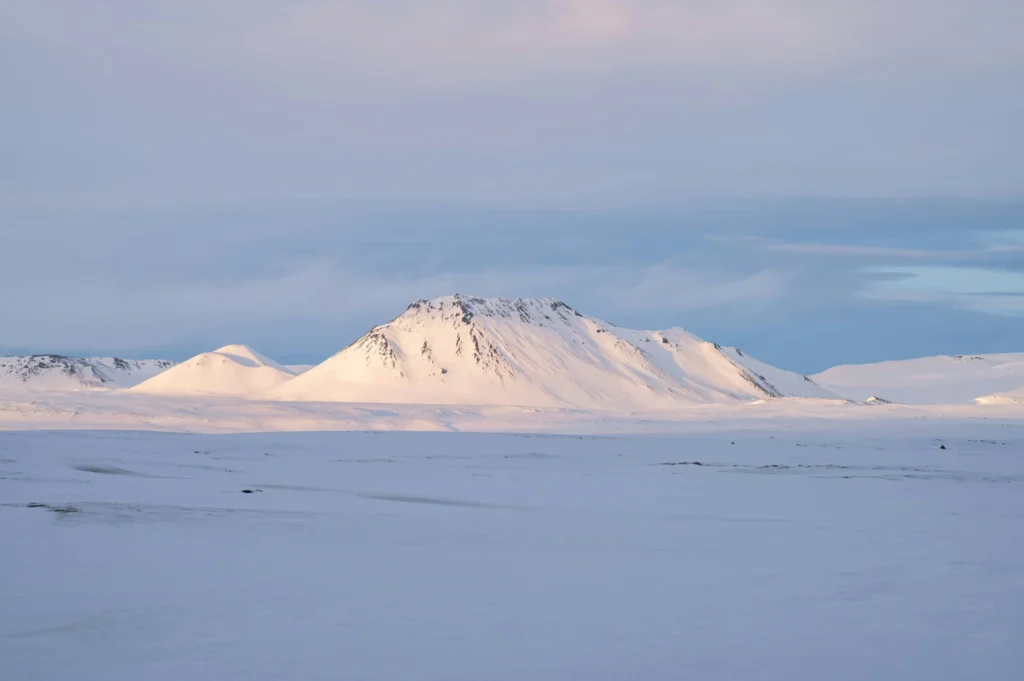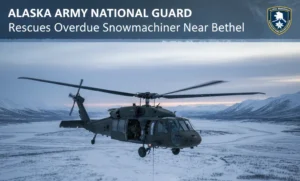The US Fish and Wildlife Service refused protection for the Alaskan glacier buttercup, concluding that evidence fails to demonstrate immediate threats. Officials released their decision Monday in the Federal Register, denying the petition while advancing six other species for further evaluation.
Environmental advocates argued that the denial reflects political disregard for climate change, which scientists consistently describe as an existential threat to biodiversity. The Alaska glacier buttercup grows exclusively on rocky slopes within the Kigluaik Mountains, near a proposed graphite mining project.
Conservatives warned mine construction might disrupt fragile habitats, though federal analysis found no evidence linking development to potential slope destruction. The Service acknowledged limited research suggesting climate change impacts related to species, but insufficient data connect those effects directly to the Alaskan subspecies.
The Center for Biological Diversity submitted the petition in 2023, highlighting both warming trends and localized threats from proposed industrial expansion. Representative Cooper Freeman emphasized that his petition targeted ecosystem preservation broadly, not specifically to obstruct mining operations within the Seward Peninsula region.
Freeman stressed that Arctic plants cannot simply migrate north or upward, unlike species elsewhere, because their environment already lies at extreme limits. A 2023 study predicted that more than 60% of Beringian Arctic plants could lose suitable habitat by 2040 due to warming.
Although the buttercup was not studied directly, Freeman argued its vulnerability parallels that of other threatened Arctic plants facing ecological collapse within decades. He cautioned that the findings signal potential collapse of foundational ecosystems, jeopardizing broader Arctic biodiversity and community survival dependent upon stable environments.









